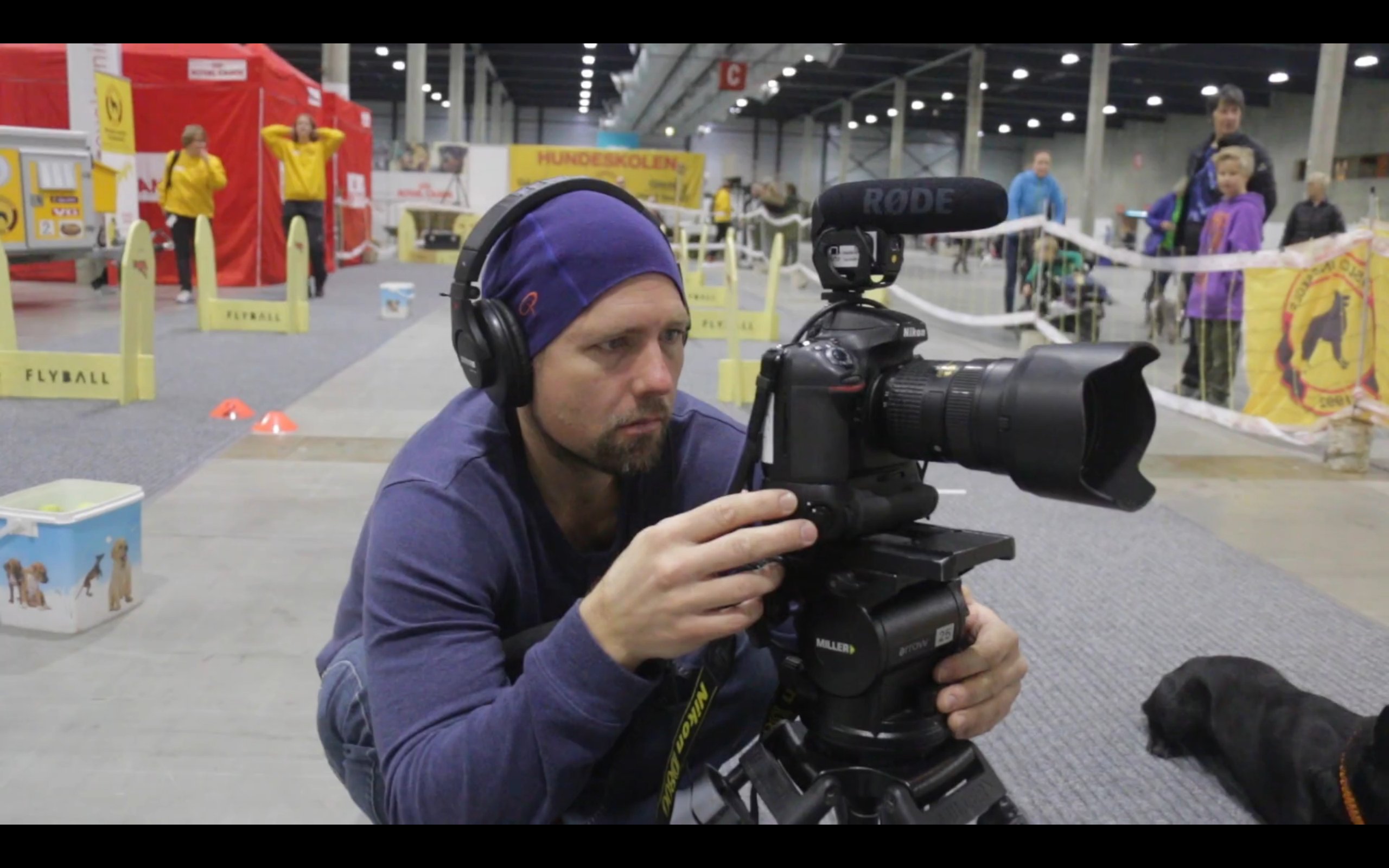How university collaboration leads to ground breaking discoveries

What do LCD screens, the world’s first cloned animal, IVF, the contraceptive pill and fibre optics have in common?
If you’re still pondering then let’s put you out of your misery. Without research – carried out, shared and nurtured – across different universities, these inventions would never have happened. And the examples above are just a few from a long list of UK-led discoveries made by university research teams.
Today, universities are still very much leading the charge; performing the majority of the world’s basic research. And they’re doing it together – without borders – by creating a modern research approach that allows students and academics, globally, to collaborate on projects.
That means stuff is happening right now, as you read this. Stuff that will lead to the next big life-changing inventions. And thanks to collaboration tools like Dropbox, which integrates with Blackboard Learn and Office 365, productivity and collaboration for universities around the world is set to get a whole lot easier.
Let’s take a recent example of the universities of Oxford, Cambridge, Exeter, Bristol, and Queensland, along with the help of the Erasmus Medical Center, to demonstrate the point. Together these Universities ran a study that could uncover new ways of curing diabetes and heart disease -despite never having met. More than 160 researchers, from 17 countries took part in the study, which was published last month in Nature.
3.3 billion files shared
What’s clear is these Universities aren’t alone. In fact, new Dropbox research shows university faculties are increasingly looking to their peers for subject matter expertise and access to funding or resources. Among university users in different cities and with different email domains, more than 3.3 billion files were shared. From that, we concluded that 40% of the files these users shared were done so with other universities.
For the UK, universities that lead research efforts, known as the Russell Group, have an average of 4,846 external collaborators each. Russell universities have 23% more external connections per user than non-Russell universities and 6% more external collaborators. To read more about the Dropbox research, click here.
Dr Noam Lesham’s research for Durham University is a great example of this collaboration in practice. Last year Dropbox Business was pivotal in helping him share a unique project, aimed at defining No Man’s Land. As the university’s lead on the project, Dr Noam Lesham had to ensure the data collected in the field was stored securely and could be shared – through a single link – with a network of university research teams, around the world.
“We used Dropbox throughout our journey – whether it was to communicate with our students back home, and have them feedback on resources that we were collecting out in the field, or in the actual process of engaging with communities.
The uptake of Dropbox had a lot to do with familiarity and learning to translate what we do at home – outside the office – into a work environment. That transition was much easier/more intuitive than expected as our team were familiar with and had previously used Dropbox. Dropbox was able to help us see what was already there.”
Collaboration for public good
Today, the right technology paired with the best-in-class researchers enables top-tier universities to lead the way in research and innovation. It’s certainly true for Durham University, which has plans to use Dropbox Business for other projects in the future, and for the University College of Northern Denmark, which shared its plans for migrating all services and tools to the cloud.
So think about this; there’s a good chance that the next big thing to make life better, the invention or discovery that changes how we live our lives, will have started out as a small scale research project, possibly at your university. And thanks to tools like Dropbox, it was able to grow, to turn from theory into reality.
To learn more about how your university can benefit, and why 6,000 educational institutions are already using Dropbox click here.




